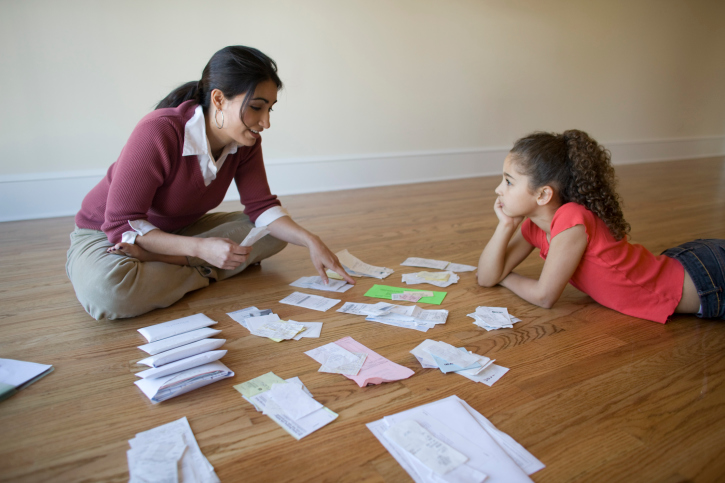How to Calculate Your True Cost of Living and Determine How Much Mortgage You Can Afford
 A monthly mortgage can seem like enough of a financial responsibility on its own, but there are many factors involved in home ownership that affect its fiscal feasibility. If you’re in the market for a house and are wondering how your income will stack up against the rest of your expenses, here’s how to determine a home cost that’s reasonable for you.
A monthly mortgage can seem like enough of a financial responsibility on its own, but there are many factors involved in home ownership that affect its fiscal feasibility. If you’re in the market for a house and are wondering how your income will stack up against the rest of your expenses, here’s how to determine a home cost that’s reasonable for you.
Determine Your Down Payment
Before you start with anything else, you’ll want to determine the amount of money you can put down so you can estimate your monthly payments. The traditional amount for a down payment is 20% of the home’s purchase price, so if you don’t have anything close to this amount it might be worth waiting a little longer so you can minimize your payments and the amount of interest or mortgage insurance you’ll be paying in the long run. Each person’s situation is different, and there may be programs available with less than 20% down. This is an excellent question to pose to your trusted mortgage advisor.
Calculate Your Monthly Budget
If your mortgage cost already seems high, it will definitely be worth carefully calculating your monthly expenditures. Instead of a wild guess, take the time to sit down and calculate what your costs are including food, utilities, transportation and any other monthly necessities. Once you do this, it’s also very important to add any debt repayments you’re making to the mix. The total amount of your estimated mortgage costs, debt payments and living expenses should give you a pretty good sense of if your mortgage is viable in the long term.
Don’t Forget About The Extras
When it comes to purchasing a home, many people envision that they will be eating and sleeping their new home so don’t pay attention to all of the additional costs that can arise with living life. A new home is certainly an exciting, worthwhile financial venture, but ensure you’re realistic about what it entails. If you’re planning to go back to school or have children in the future, you’ll want to add a little bit of extra cushion in your budget so that you don’t have to put your other dreams on hold for the sake of your ideal home.
It can be very exciting to find a home you feel good about, but it’s important before making an offer to realize the amount of house you can afford so you don’t find yourself in a hole down the road. If you’re currently on the market for a new home, contact your trusted mortgage professional for a personal consultation.

 When delving into the realities of home ownership, there can be many factors involved that make it difficult to determine what you need to know and what can wait until later. If you happen to be a first-time buyer who’s looking for the best tips for purchasing a home, look no further than the following three pointers to set you on the right path.
When delving into the realities of home ownership, there can be many factors involved that make it difficult to determine what you need to know and what can wait until later. If you happen to be a first-time buyer who’s looking for the best tips for purchasing a home, look no further than the following three pointers to set you on the right path.